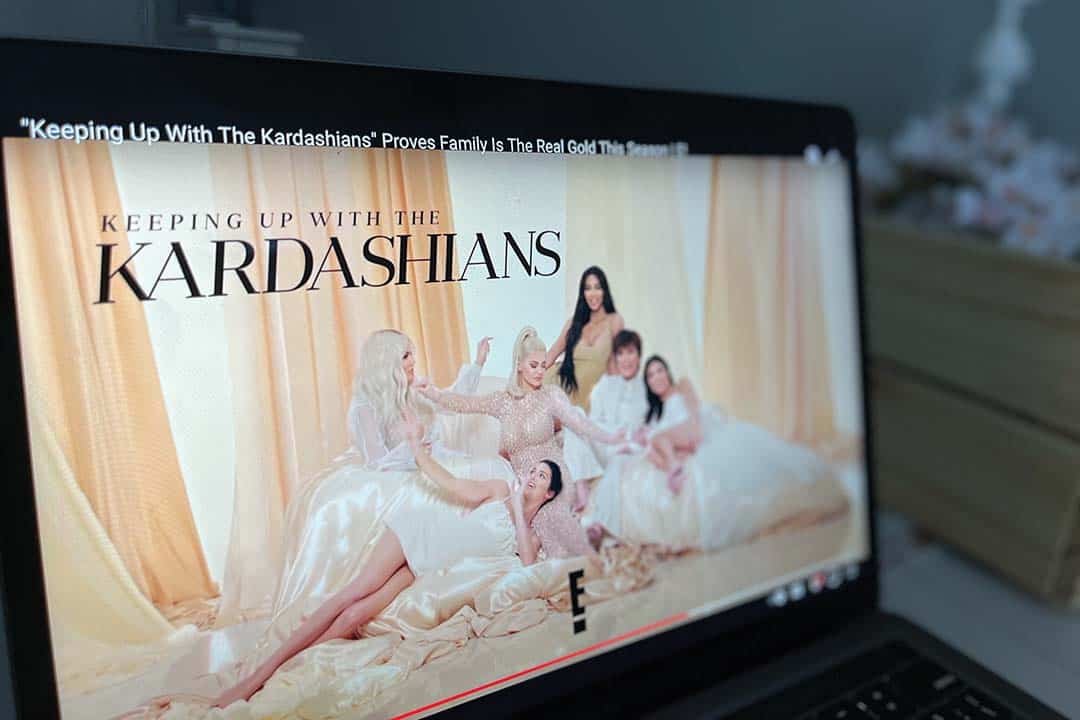Today, billionaires like Elon Musk, Jeff Bezos, and Kim Kardashian throw around millions of dollars like it’s nothing and yet seem to constantly make more. Our world’s money is tied up in the hands of a select few who seem to have prayed to the right gods, invented the right jobs, and woken up at the top. Forbes’ 2022 list of billionaires listed 2,668 billionaires across the world, with a collective net worth of $12.7 trillion. Eighty six per cent of those billionaires got even richer in 2021.
The rest of us can’t help but watch the glamorous power of money. The reality is that most of us, who are not billionaires, are outsiders. Statistically, everyone who reads this article is an outsider, whether you envy, hate, worship, or feel indifference toward the approximately 0.0001 per cent or less of the population who have found their way inside the billionaires club.
Love it or hate it, money is power — and that fact lies at the centre of our obsession. It fuels contradictory impulses within us: the first watches the rich in hopes of one day achieving the same level of success, while the second, aware of growing economic disparities, basks in the vindicating knowledge that the majority of rich people are no better, nor happier, than the rest of us.
Monkey see, monkey do
The marital disputes of Princess Diana and Prince Charles in Netflix’s hit royal drama The Crown are sad, but in many ways ordinary. Charles refuses to value Diana, he’s cold, they cheat — it’s the kind of everyday soap opera that likely also plays out in many lower- and middle-class homes everyday.
Yet Charles and Diana are royalty. They don’t fight in a townhouse — they argue across spacious, luxurious rooms in clothes worth more than most people’s yearly salaries. Their wealth gives them glamour, which makes their lives feel more interesting and important.
We, the people, want to see that! It’s not just The Crown; we love to watch wealth in general. Many TV shows focusing on the highs and lows of being ridiculously rich are ridiculously popular. The White Lotus, for example, an HBO show about the various dramas surrounding the lives of wealthy hotel goers, drew 1.5 million viewers on HBO Max with its season two premiere.
Across North America, our attention has been captured by a small minority. It’s natural; in a similar way, one study found that monkeys will trade cherry juice with researchers in exchange for video tapes of higher status tribe members. The monkeys want to see how higher status members behave, hoping that if they do the same they can also one day be prominent tribe members. In a society where wealth is often the path to success, we watch — like monkeys — on the edge of our seats to see how successful people act, hoping that in the process we’ll find out how to make ourselves like them.
As a result, many financial dramas have an inspirational quality. In the hit TV show Billions, fictional hedge fund manager Bobby Axelrod talks constantly about how he brought himself up from nothing to become a billionaire. With a house in the Hamptons and a beautiful family, it is easy to watch the show and desire his life.
Yet Axelrod is at times so deeply burdened by the pressure of making money that, as viewers, we wonder if the prize is worth the game. Axelrod is constantly under fire from the government and, at times, his own friends. There’s a sick pleasure to be derived in watching him squirm. He may have more money than me, but I don’t need to worry about going to jail for fraud.
The key to happiness?
As fun as it is to watch successful people succeed, it is at times even more fun to watch them fail. In Succession, an HBO show about a family torn apart as their father decides which among their band of dysfunctional siblings deserves to take over his company, the characters never enjoy their money. In the season three finale, one character is so depressed he tries to drown himself in the most beautiful Italian pool I have ever seen!
We may envy that the billionaire heirs of Succession have private jets, but they’ll never be happy enough to enjoy them. We get a sense of retribution for the wealth gap we experience: we are not rich, but we don’t have to suffer as these characters do. They’re punished for their wealth, and even though we don’t have their money, we get to enjoy the knowledge that, deep down, we’re happier than them.
Right now, as income inequalities grow to an extent never before seen, it becomes more fun for us to ogle the joys of wealth and smirk at the downfalls of the wealthy. The reason shows displaying wealth, like The White Lotus, Succession, and even Keeping up with the Kardashians, have become so popular in the last ten years is because increasing numbers of people are losing their wealth. In the United States, the poorest have experienced no net income growth from 1980 to 2014, while the richest have seen an average annual salary growth of six per cent.
Ultimately, the content we consume is a window into the cultural issues of our time. As our world becomes less economically equal, we’re reflecting that by creating more media centered around the wealthiest members of our society. We want to see society’s most powerful people so we can understand why they’re powerful and how we can be the same as them. And then, at the end of 45 minutes, we can giggle with delight when they lose everything.


